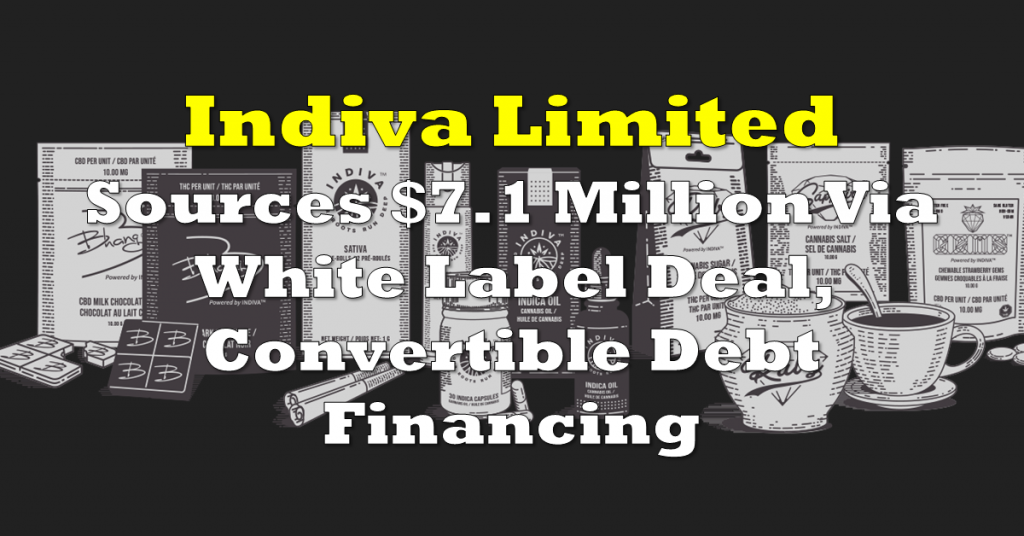Finance Minister Chrystia Freeland is crying crocodile tears over the rapid erosion of Canadians’ purchasing power. On one hand, she outlines over $30 billion in new spending measures to alleviate cost of living pressures and urges Canadians to cancel their Disney+ subscription, whilst on the other hand, unexpectedly axes the issuance of inflation-protected bonds.
Thanks to Freeland, Canada is now the only nation among its G7 counterparts not issuing sovereign inflation index-linked bonds. Providing barely any justification for the move in her November fiscal update, “the government has decided to cease issuance of real return bonds [RRBs] effective immediately,” read the Finance Department’s statement. “This decision reflects low demand for this product and will allow the government to promote liquidity by consolidating funding within our core funding sectors.”
The RRBs in question pay a coupon based on the level of Canada’s CPI reading, and are popular among pension plans that pay out benefits to retirees. Moreover, such inflation-protected bonds are essential to the financial system because banking institutions gauge loan costs on the pricing and availability of risk-free assts. The federal government’s excuse of low demand was likely based on historic data from the period after the Great Recession, whereby central banks maintained ultra-low rates over fears of disinflation. At the time, investors didn’t feel the need to hedge against inflation when it was essentially nonexistent.
The federal government told Reuters it took part in extensive consultations with market participants in 2019, concluding there was little demand for RRBs at the time. However, the landscape has significantly changed since, with inflation sitting at 6.9% for October— nearly 4 times higher than the central bank’s target range of 2%. “Inflation is high and a lot of plans were thinking about getting more into this asset class, and now the asset class has been removed,” said SLC Management managing director Ashwin Gopwani to the Financial Post.
Likewise, the Canadian Fixed-Income Forum (CFIF), group of fixed-income investors overlooked by the Bank of Canada, expressed strong grievances with Freeland’s rationale, with all members opposing the government’s reasons. “All (members) strongly agreed that inflation indexed-linked bonds are a very important asset class that serves a crucial role in allowing Canadian investors to manage their exposure to inflation and, in a well-functioning market, provides central banks and markets participants with an important measure of inflation expectations,” read the minutes from the group’s November 29 meeting.
“With the decision to eliminate new RRB issuance, market participants lost a way to express their inflation views and some members enunciated that the decision may create a perception that the government may not have full confidence in containing inflation.” The Finance Department, for its part, argued that RRBs face lower demand because they are less liquid than traditional bonds, prompting investors to demand a larger discount and ultimately making their issuance costlier for the government.
A chart of Canada's & USA's inflation linked bonds.
— Brad Mills (🔑,🧀) (@bradmillscan) December 6, 2022
Canada = Real-return bond ($RRB blue)
USA = Treasury Inflation Protected Securities ($TIP orange)
Canada's mismanaging inflation so badly that Chrystia Freeland *cancelled* RRBs last month.
Wild.https://t.co/2BXPz7NmlS pic.twitter.com/dhppiI6Ut7
Still, CFIF members disputed there wasn’t any consultation or transparency over Freeland’s decision to scrap the bonds. Everyone on the committee “unanimously agreed” she should re-evaluate her decision, given that the “unexpected” end to the RRBs could threaten the market’s confidence in Canadian debt. Still, despite the criticism, Freeland is holding firm to her accord. “Demand for this sector is too low to justify maintaining it,” wrote Finance Department spokesperson Marie-France Faucher in an email to the Financial Post.
Information for this briefing was found via Reuters, the Financial Post and the sources mentioned. The author has no securities or affiliations related to this organization. Not a recommendation to buy or sell. Always do additional research and consult a professional before purchasing a security. The author holds no licenses.









